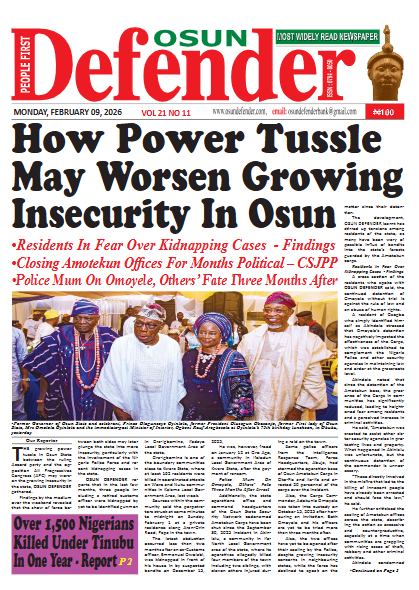eHealth Africa (eHA) an NGO has graduated no fewer than 16 young women in Information Communication Technology (ICT) skills to improve gender gap in technology.
Speaking at the graduation ceremony in Abuja, the Executive Director, eHA, Mrs Juliet Odogwu, said that the ICT training for women was to encourage young ladies to explore the opportunities in technology.
Odogwu said that the organisation started the academy in 2014 and the aim was to see how they can impact the communities that they serve.
She said the organisation was working to improve the gender gap in not only the technology sector but also in development sector.
According to her, the academy was borne out of the desire of eHA to identify capacity building and technology opportunities that young people can leverage on and address their needs.
“The academy started 2014 in Guinea to maintain the technology solutions that we have developed.
“The goal is to serve underserved communities and to provide solutions for the communities where we work.
“The objective of the eHA Academy is to build capacity in software development initially in Kano and then scaled up nationwide and the continent.
“This is also done wide in collaboration with the universities, state governments, the private sector and other development partners,” she said.
Similarly, Mr Jamil Aliyu, Senior Manager, Software Engineer, said that the six months programme, running twice a year was divided into two phases, with each phase having duration of three months.
Aliyu also said that the academy was of two phases, online and offline academy as well as the internship programme, adding that the target audience was those between age 15 and 35.
“The academy is also for those who have basic computer skills, access to personal computer and regular access to internet.
“For the female cohort, numbers of applicants were 700. The applicants who completed the test were 275. The participants who passed the test were 35 and those qualified for internship is 15,” he said.
He further said that eHA has partnered with non-governmental organisations in Africa to improve health systems through the design of data-driven solutions since 2009.
Mr Muyiwa Felixson-Yusuf, one of the mentors in the Academy encouraged the graduates to utilise their training skills effectively and improve further on them.









